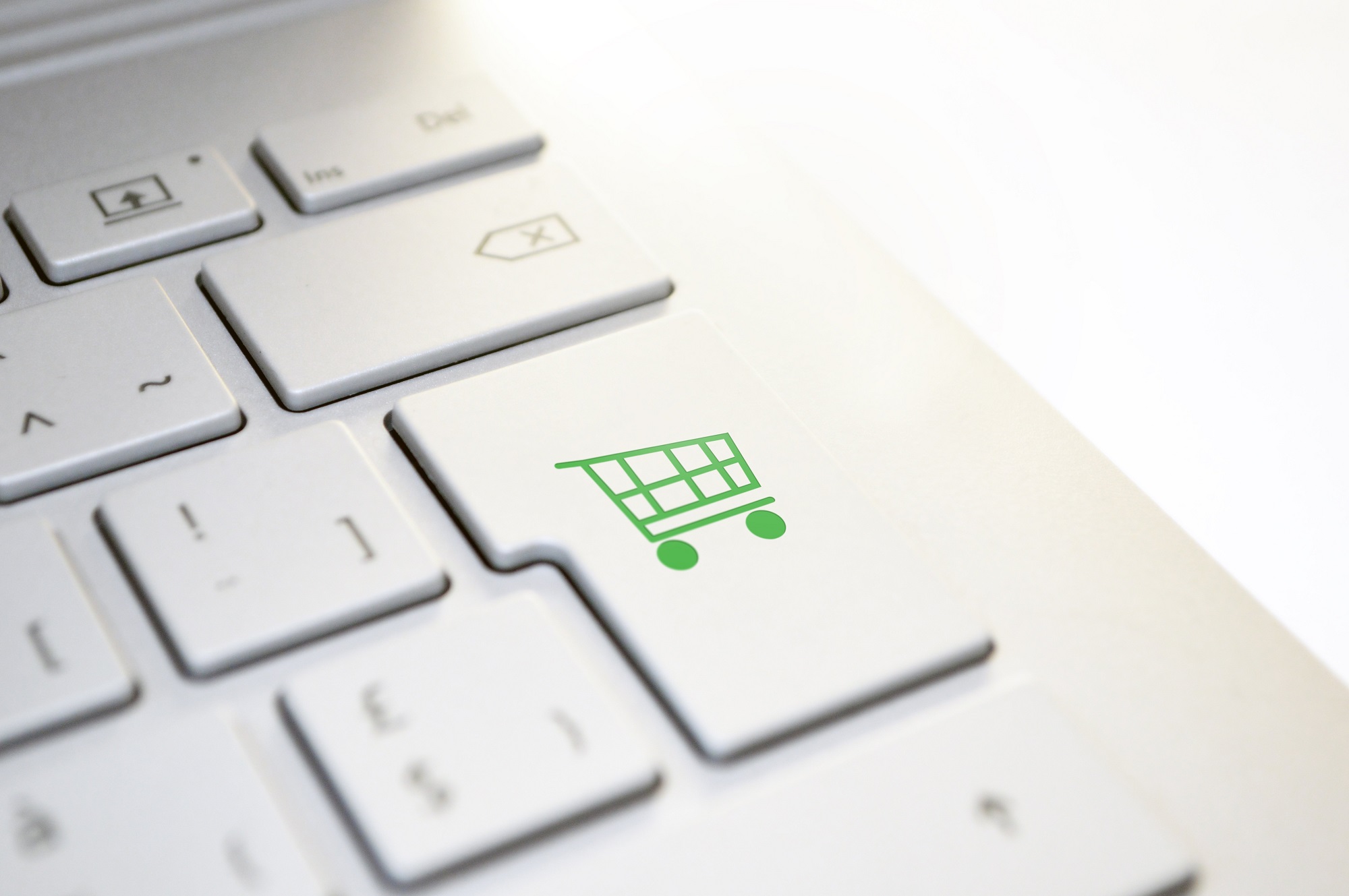The global economy is increasingly shaped by digital innovations. There is a clear shift from traditional forms of consumer retail to online shops and platforms. The impact of the coronavirus and government responses such as lock-downs and quarantines, have reinforced this trend. The United Kingdom (UK) has one of the most highly-developed e-commerce markets in the world, and within the European Union (EU) the UK has the highest turnover related to online sales. The UK is therefore an interesting market for e-commerce companies.
After Brexit, the UK will still offer a massive opportunity for your e-commerce activities. However, the UK will no longer be part of the EU. Although the terms under which the UK will leave are as yet uncertain, it is a fact that December 31, 2020, will be the last day that the UK is part of the EU. Below, we will highlight the possible changes and adjustments needed when preparing your e-commerce business for Brexit, if your business sells to consumers in the UK. If you are a UK business selling goods to consumers in the EU, you should also check the relevant e-commerce changes for your business.
Selling goods to consumers in the UK
Using a webshop, you can reach a large group of customers, and increase your potential turnover considerably. The current VAT rules for selling goods to consumers in the UK are clear and comprehensive. However, in the case of a no-deal Brexit, the current EU VAT rules will no longer be applicable in the UK. Any goods sold and shipped to your customers in the UK must consequently be exported from the EU and imported upon arrival in the UK.
This change could not only lead to a delay in the delivery of your parcels, but it could also mean that additional costs will be charged to your company. Determining a Brexit-proof shipping strategy is therefore crucial.
Amongst other things, your e-commerce business should address the following issues:
Who will become responsible for the import in the UK: your e-commerce business or your customers?
Who will pay the import VAT and the import duties in the UK: your e-commerce business or your customers?
Is the pricing on your website still correct for UK customers?
What customs formalities does your business have to comply with?
Who will be your customs agent?
Is your (ERP) system ready to create the commercial invoice that must be sent along with the parcel that is shipped to the UK?
Will Brexit influence your return policy?
Make sure that you are prepared, so your webshop’s policy is clear, and unpleasant surprises for your business or your customers are avoided. Be aware that as of January 1, 2021 the e-commerce legislation is going to change in the UK. These changes will be relevant for your webshop. MHA MacIntyre Hudson (the Baker Tilly UK Member Firm) provided more information about this topic on their website.
Providing digital services to non-business customers (consumers)
If you provide electronic services such as access to online entertainment for a fee, these services are considered to be a digital service for VAT purposes. If supplied to consumers, digital services are subject to VAT in the country where the consumer is resident. For your e-service business, this means that VAT must be reported and paid in the EU countries where your customers live.
To alleviate the administrative burden in each EU country, a special scheme called the ‘Mini One Stop Shop’ (MOSS) is in place. This scheme allows your business to file one single VAT return covering the VAT due on digital services to consumers in all EU countries.
In the event of a no-deal Brexit, the VAT obligations related to digital services provided to consumers resident in the UK can no longer be reported in the MOSS return. This may trigger immediate VAT reporting obligations in the UK. Make sure that your e-service business is prepared for these changes.
For UK businesses providing these types of services to consumers in the EU, the MOSS system will no longer be available in the UK. These businesses must register for the MOSS scheme in one of the other Member States.
Consider all aspects
Taking your business online presents a massive opportunity, because it is a good way to expand your business relatively simply. Alongside the expansion, obligations may arise relatively quickly too. Maintaining control of your business online is therefore key.
Make sure to be prepared in order to keep your online business going strong.
If you would like to discuss your business, or if you would like to receive tips on how to deal with Brexit, please feel free to contact us.
This content was published more than six months ago. Because legislation and regulation is constantly evolving, we recommend that you contact your Baker Tilly consultant to find out whether this information is still current and has consequences (or offers opportunities) for your situation. Your consultant will be happy to discuss the latest state of affairs with you.
Other insights
-
EU Deforestation Regulation (EUDR): stringent rules for importers, operators and traders
-
Customs Talks: How the new EU Deforestation Regulation (EUDR) will impact business with the UK
-
Budget Day 2024: overview of the new tax plans & proposed legislation





